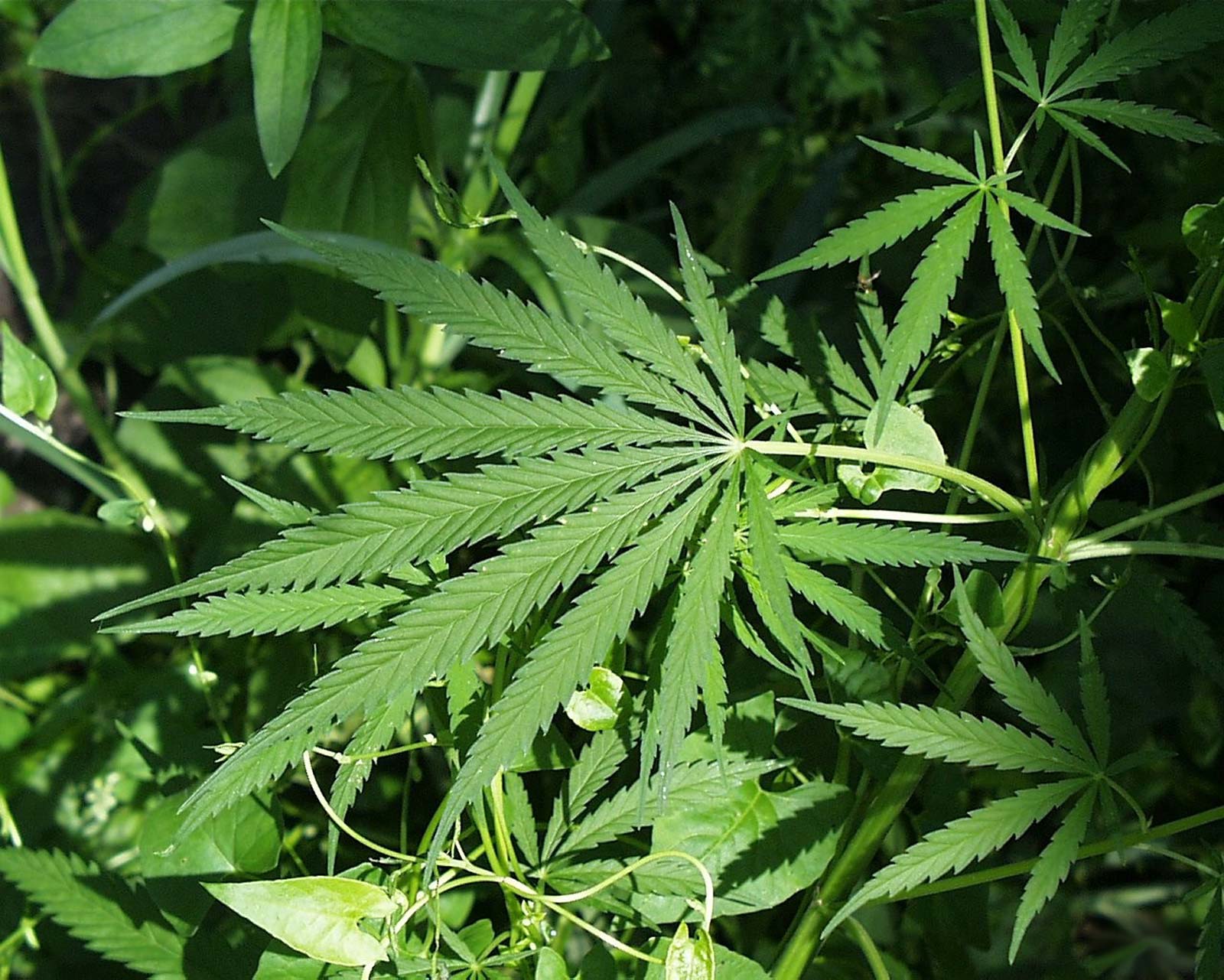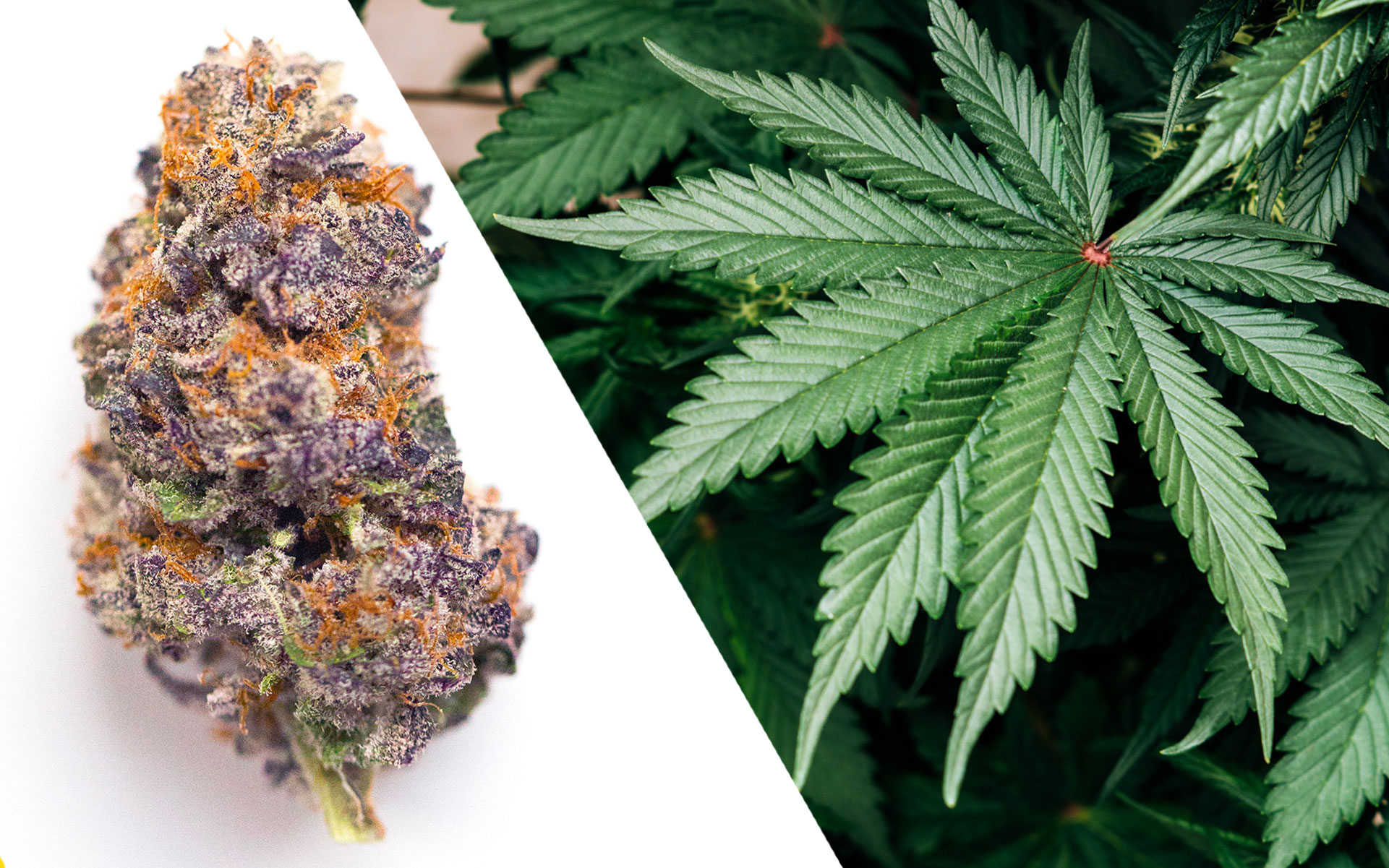Cannabis has been one of the most popularly known drugs for the attraction of successful trade; both locally and globally. However, as the world finds itself engrossed in the largest public health crisis of our lifetimes, the COVID-19 Pandemic; the known coronavirus disrupting life for every person across the globe, is naturally one of the tops of everyone’s minds. As difficult as it is to think about the cannabis industry and reform movement at times like this, the reality is that the coronavirus’s impact on our economy and society is also impacting cannabis-related industries; with the effects likely to worsen in the coming weeks and potentially months.
As far as travelers and tourism are concerned, about 80% of cannabis’ retail businesses and markets depend on travelers and tourism for at least making a portion of their sales. Additionally, some people major in traveling with cannabis across the border-states purposefully for trading on it. Such business enterprises are however forced to pivot in response to the coronavirus pandemic; by appealing more to the local customers; this is because there is a total lockdown globally and the potential customers who are especially tourists, can easily never travel across the border state. This has seriously tampered traveling with cannabis by causing serious customers to stay far apart.
Stay-at-home orders from various heads of states have pushed Cannabis company executives to rethink business strategies that appeal to tourists, particularly in the event the health care persists into the summer when the majority of the cannabis sales to travelers happen purchase here online. The strategies are meant to counteract the negative fallout that has even affected several other states with legal markets and strong tourism industries.
Unfortunately, several special categories of individuals fully rely upon cannabis to stabilize their health conditions as medicine; and on the other hand, those are the people who are too vulnerable to the attacks by COVID-19. Therefore, the emergence of the Covid-19 is too risky to such individuals and government in various states should as well rethink before closing cannabis’ dispensaries which use cannabis’ related products to offer medical services to such vulnerable groups of individuals by simply regarding such dispensaries as one among special medical facilities like pharmacies.
To stay afloat during these difficult circumstances, the cannabis retailers in tourist-heavy markets are:-
- Focusing on regular customers within their communities by offering discounts and incentives such as loyalty programs.
- Pumping more resources into building out alternative sales strategies such as delivery and online ordering.
- Working on brand awareness among locals; and not tourists to compete for nearby customers.
I conclusion, as tourism will continue to be the strongest deliverance of the Cannabis business; this is a unique opportunity to aim towards building a strong local base and gaining lasting market share; this is simply by fulfilling their desires and preferences based on their knowledge on the brands; which make quality products. The government should also be lenient enough to cater for the special categories of individuals who don’t rely on cannabis as a drug but using it for medical reasons.

